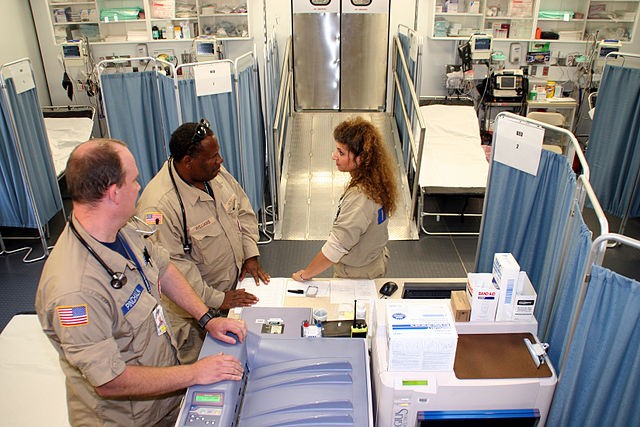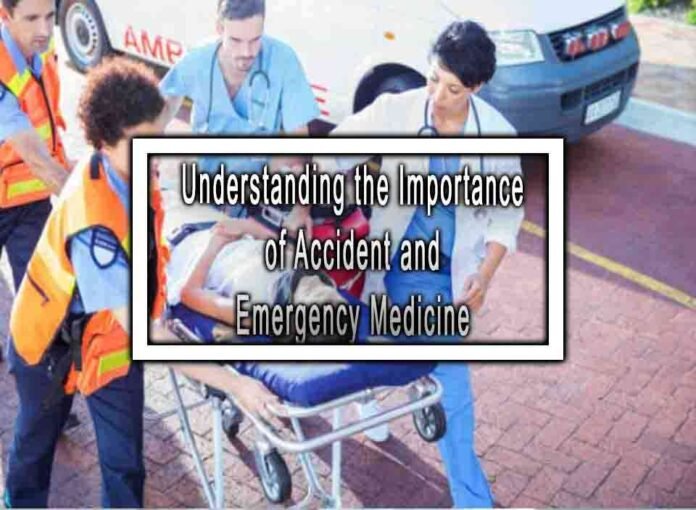Accident and Emergency (A&E) medicine, also known as Emergency Medicine (EM), is a medical specialty dedicated to providing immediate medical care to individuals with acute injuries or sudden, severe illnesses. It plays a crucial role in the healthcare system for several reasons:
Life-Saving Interventions:
A&E medicine is often the first point of contact for patients with life-threatening conditions such as heart attacks, strokes, severe injuries, and respiratory distress. Prompt intervention in these cases can mean the difference between life and death.
24/7 Availability:
A&E departments operate around the clock, ensuring that medical care is available at any time, including nights, weekends, and holidays. This availability is vital for addressing emergencies when they occur.
Rapid Assessment and Triage:
A&E physicians are trained to quickly assess and prioritize patients based on the severity of their condition. This process, known as triage, ensures that the most critical cases receive immediate attention.
Wide Range of Expertise:
A&E physicians are skilled in managing a broad spectrum of medical conditions, including trauma, cardiac emergencies, respiratory distress, neurological crises, and more. They are versatile healthcare professionals equipped to handle diverse cases.
Stabilization and Referral:
A&E doctors stabilize patients in critical condition, providing initial treatment to stabilize vital signs. They also facilitate the timely transfer of patients to other specialized departments or hospitals when necessary for further care.
Emergency Procedures:
A&E physicians are trained to perform various emergency procedures, such as intubation, defibrillation, wound suturing, and chest tube placement. They can quickly respond to emergencies that require immediate medical interventions.
Disaster Response:
In times of natural disasters, accidents, or mass casualty incidents, A&E departments and their staff play a pivotal role in providing medical care to a large number of patients simultaneously.
Pediatric Emergency Care:
Many A&E departments have specialized pediatric emergency units with healthcare providers experienced in treating children. This ensures that pediatric emergencies receive appropriate and specialized care.
Mental Health Crisis Management:
A&E departments also manage psychiatric emergencies, providing evaluation and crisis intervention for individuals experiencing acute mental health crises.
In summary, A&E medicine is a critical and indispensable part of healthcare. It provides immediate, life-saving care, manages a wide range of medical emergencies, and contributes to public health and safety. The availability of A&E services ensures that individuals can access urgent medical care when they need it most.










